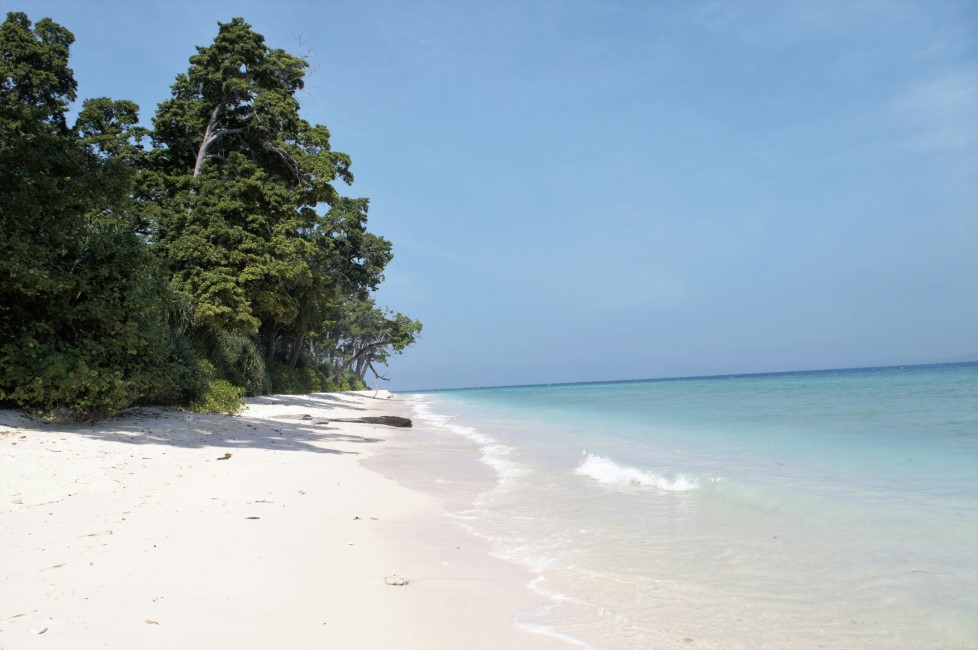The Andaman Islands are a tropical paradise, but being a remote and ecologically sensitive destination, visiting them requires mindful preparation. Here are some essential travel tips to ensure a smooth, enjoyable, and responsible journey.
1. Respect Local Laws and Tribal Reserves
Why read this: The Andamans are home to protected indigenous tribes, and unauthorized access to their lands is strictly prohibited.
Do: Stay within designated tourist zones and respect all restricted area signs.
Don’t: Attempt to visit or photograph tribal areas or interact with tribal people—it is illegal and punishable.
Final tip: Stick to permitted zones listed by your travel guide or authorities for your own safety and legal compliance.
2. Pack Light but Smart
Why read this: Island travel means limited transport and walking—light luggage makes your trip easier.
Do: Carry breathable clothes, swimwear, flip-flops, sunblock, and waterproof pouches for your gadgets.
Don’t: Overpack or carry heavy bags, especially if taking ferries between islands.
Final tip: Include essential medications, mosquito repellent, and a torch for low-lit areas.
3. Follow Eco-Friendly Practices
Why read this: The Andaman ecosystem is fragile—preserving it ensures beauty for future travelers.
Do: Carry reusable bottles, avoid plastic bags, and dispose of waste responsibly.
Don’t: Litter on beaches, disturb coral reefs, or use soaps in natural water bodies.
Final tip: Choose eco-conscious accommodations and operators to reduce your footprint.
4. Plan Permits and Transport in Advance
Why read this: Some attractions like Jolly Buoy Island or Ross & Smith Island require permits and limited slots.
Do: Book ferry tickets and permits ahead, especially in peak season.
Don’t: Rely on last-minute arrangements, especially in remote areas with limited internet access.
Final tip: Keep printed copies of your ID and permits as phone networks can be unreliable.
5. Stay Connected (But Don’t Depend on It)
Why read this: Mobile coverage can be patchy across islands, especially in Neil, Havelock, or Baratang.
Do: Inform family in advance, download offline maps, and save emergency contacts.
Don’t: Expect seamless internet for remote work or social media during the trip.
Final tip: Use this as a chance to unplug and enjoy nature’s serenity without digital distractions.
6. Be Cautious with Sea Activities
Why read this: The sea can be unpredictable, and safety depends on the right timing and precautions.
Do: Listen to lifeguards, wear life jackets, and follow instructions for water sports.
Don’t: Swim alone or during rough seas and high tide, especially at secluded beaches.
Final tip: Avoid coral walking or collecting shells, as it can damage marine life and is often prohibited.
7. Respect Local Culture and Customs
Why read this: The islanders are warm and welcoming—courtesy goes a long way.
Do: Dress modestly in villages and public places, greet locals politely, and ask before taking photos.
Don’t: Engage in loud or disrespectful behavior around religious or residential areas.
Final tip: A little Hindi or Tamil helps in local markets and rural zones.
8. Stay Hydrated and Eat Safe
Why read this: Hot, humid weather can dehydrate you quickly, and street food hygiene varies.
Do: Drink bottled or filtered water, eat cooked food, and carry ORS sachets if sensitive to heat.
Don’t: Consume tap water or raw seafood unless it’s from a trusted source.
Final tip: Try local seafood specialties at popular cafés but stick to fresh, hot dishes.
9. Carry Cash for Remote Areas
Why read this: Smaller islands may not have card machines or stable networks for online payments.
Do: Withdraw sufficient cash in Port Blair before heading to places like Neil or Diglipur.
Don’t: Assume every restaurant or shop accepts UPI or cards.
Final tip: Carry smaller denominations for autos, snacks, and entry fees.
10. Respect Nature & Wildlife
Why read this: The Andamans are home to rare flora and fauna—preserving them is part of responsible travel.
Do: Observe wildlife from a distance, avoid loud noises, and stay on marked trails.
Don’t: Feed animals, touch coral, or take souvenirs like shells or stones.
Final tip: Join guided nature tours to learn and appreciate without harming the ecosystem.

